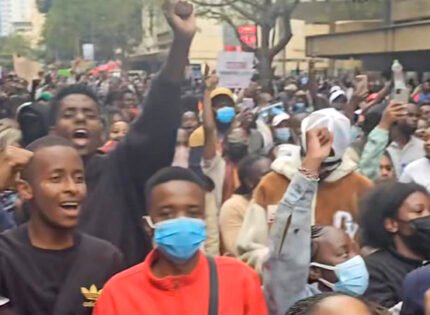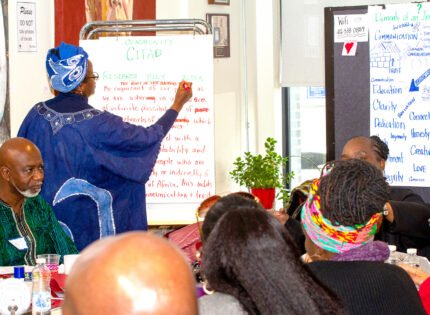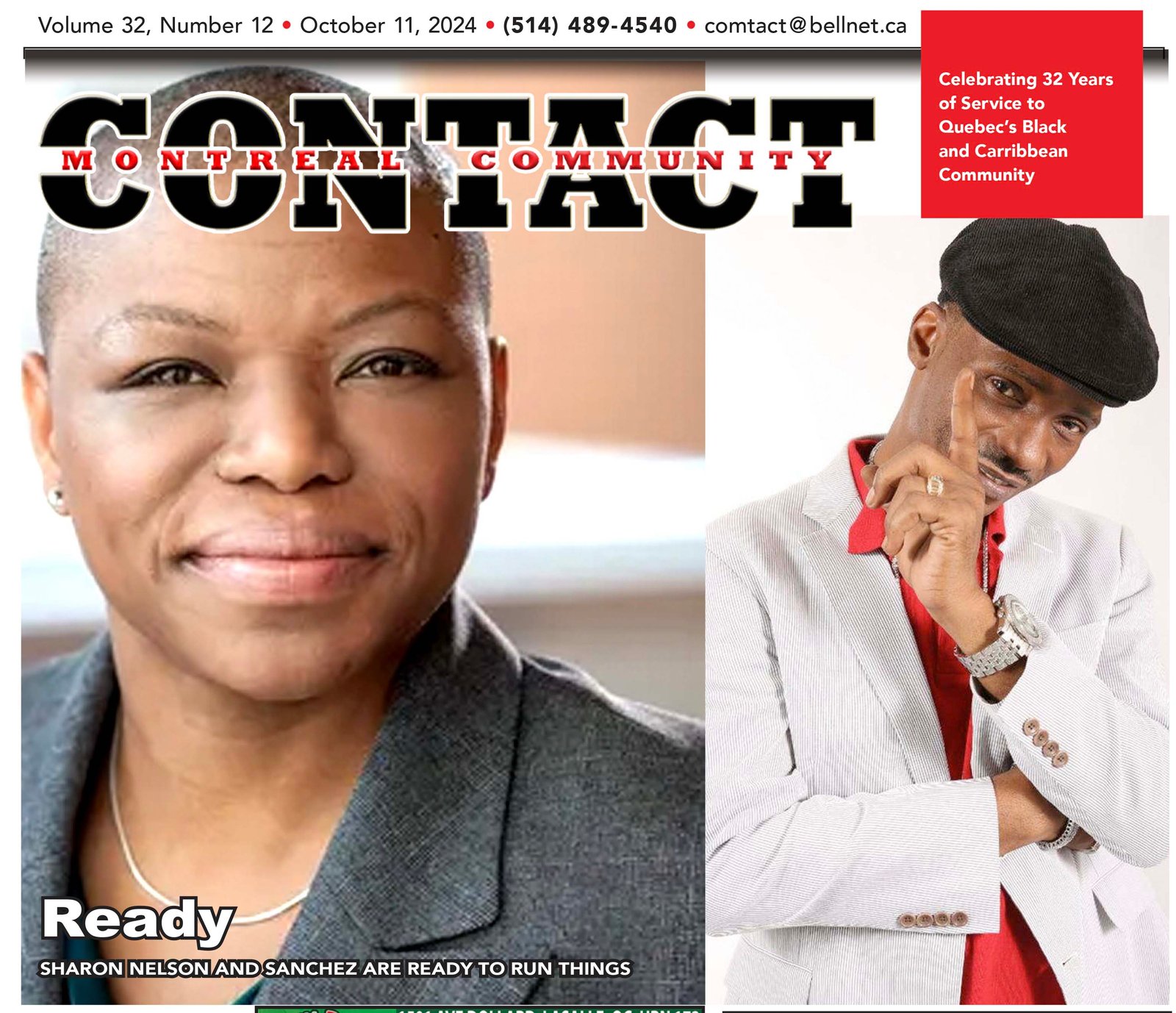 A BRIEF HISTORY OF EUROPE’S HAND ON AFRICA
A BRIEF HISTORY OF EUROPE’S HAND ON AFRICA
The traces of Europe’s heavy hand on Africa is still felt today in the continent. As we celebrate black history month, we must remember where it all begun. The motherland as we call it, Africa.
“We was kings and queens,” a nauseating statement that we hear a lot during Black History Month.
But the truth of the matter is, Africa was rising, at her own pace and in her own way until colonists came and demonized who she was, and monetized everything she has.
The Slave Trade undermined the ‘Gold Coast’ economy of West Africa. It destroyed the gold trade.
Slave raiding and kidnapping made it unsafe to mine the land or to travel with gold. The Europeans’ demand for slaves made raiding for captives more profitable than gold mining.
The transatlantic slave trade encouraged Africans to wage war against one another and conduct raids, instead of building more peaceful links.
The main impact of Europe’s presence in Africa was not only colonialism but also the separation of communities by borders. Africa was divided between Europe at conference in Berlin in 1884-1885. It was here that they “scrambled” for Africa partitioning and creating borders with a ruler.
After this came another 60-70 years of colonization. Europeans grabbed African land and pushed the Africans to reserves. They took control of their mines and natural resources and broke the backs of the Africans to finance their countries.
With time Africans begun to resist and the struggle for independence begun. From Ghana to South Africa by the late 80’s and early 90’s the entire African continent had been liberated.
But was it really liberty?
In countries such as Guinea the then President Sekou Toure, was adamant to have the French leave, his actions made Guinea the first and only French colony to say NO to the French.
He said, “It is better to be poor and free, than to live in opulence and be a slave.”
These actions angered the French who in turn destroyed the entire infrastructure such as schools and hospitals they also killed livestock leaving the country in a deplorable state.
The rest of the colonies bowed to the pressure and even though the “French” freed them they are still paying for all the “improvements” the French did in their countries.
Africa is not truly free because she doesn’t have control. In the highlands of Kenya, women who are paid on average CAD $4 a day pick coffee. This coffee is then exported to Europe where it is “refined” and then imported back to Kenya at a higher price and sold.
In the beginning the Europeans used their guns to control their colonies and now they use their economic power to pull the strings over their former colonies.
Presently, the billions of dollars stolen from Africa are kept hidden away in Swiss and other European banks. A blind eye is intentionally turned because the money profits these nations.
Former colonies still remain reliant on their masters. Because of their buying power Europe remains the main buyer of African crops and minerals. The famous book, how Europe Under developed Africa encapsulates this when it states;
“Capitalists do not set out to create other capitalists, who would be rivals. On the contrary, the tendency of capitalism in Europe from the very beginning was one of competition, elimination, and monopoly. Therefore, when the imperialist stage was reached, the metropolitan capitalists had no intention of allowing rivals to arise in the dependencies.
Unfortunately a large majority of postcolonial Africa has not been able to build up an adequate amount of national wealth and in order to invest in their infrastructure. European investors in Zimbabwe, South Africa among other countries, still primarily own natural resources such as gold mines.
In the face of this economic oppression countries such as Rwanda have managed to side step this mostly through the leadership of President, Paul Kagame.
Rwanda runs an all-inclusive government, where private individuals, technocrats and politicians from opposition political parties are embraced in governance and cabinet members are given measurable targets to accomplish.
Rwanda’s external relations with Europe are frosty to say the least. EU lawmakers, constantly accuse the Rwandan government of running a dictatorship. Mr. Kagame ensures that the interests of the people of Rwanda come first. This makes it difficult for unfair foreign policies to encumber the nation.













